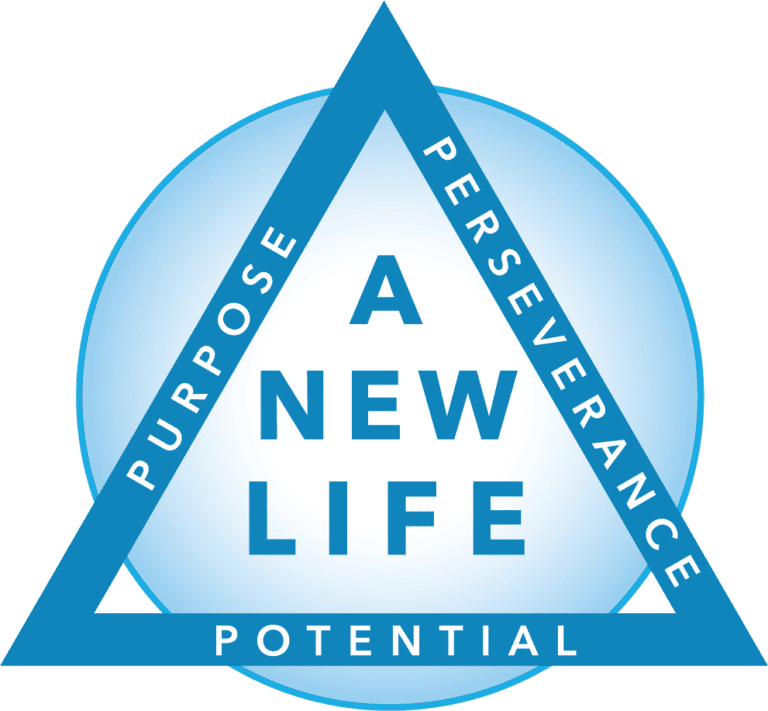Shame and guilt are potent emotions for individuals recovering from addiction. These complex emotions often arise from past actions and mistakes, making it hard for individuals to move forward with their recovery journey. Despite this understanding, shame and guilt can be healed through embracing sobriety and self-worthiness using some healing strategies. This blog will explore ways such as self-compassion, therapy, and forgiveness, among others, that can be used during recovery so that people can heal completely and become more vital than ever before.

1. Understanding Shame and Guilt
Feelings Shame and guilt are two complex emotions that can have a high impact on individuals during recovery. Guilt is the feeling of regret or remorse about specific actions or behaviors an individual performs, while shame is a fundamental belief in being unworthy or deficient. Such persons must understand these emotional differences to effectively identify and confront their feelings.
2. The Impact of Shame and Guilt on Recovery

Shame and guilt act as significant hindrances to recovery, hence lowering self-esteem, among other things. These emotions result from past traumas, stigma experienced by the individuals, or societal expectations, making it very difficult for one to move ahead toward sobriety. Moreover, through shame and guilt, individuals may feel like giving up entirely since they do not feel worthy enough to be helped through this process.
3. Practicing Self-Compassion
Self-compassion forms one of the basic principles used in overcoming shame and guilt when recovering from addiction. This includes treating oneself how others should treat oneself, especially when facing challenges or after failure. Through practicing self-compassion, a person can counteract negative self-talk and criticisms that commonly accompany shame and guilt. They will not judge themselves harshly due to previous mistakes but treat themselves with care and understanding, just like they would for a friend.
4. Seeking Therapy and Support
Therapy is essentially crucial in enabling individuals to deal with shame and guilt while trying to recover from addiction. Qualified therapists offer a secure environment where clients can express their feelings, discover underlying issues causing shame or guilt, and develop effective coping mechanisms that assist people with addiction in overcoming their state. Through therapy, they get to know why they have much shame on themselves.

5. Embracing Vulnerability and Authenticity
Vulnerability, together with authenticity, is part of the healing journey during recovery from alcoholism. By opening up emotionally without any pretense of hiding true feelings, people can start breaking free from the cycle of shame and guilt. Embracing vulnerability enables individuals to experience their real selves as well as other people on a very deep level, which generates an inclusive sense and acceptance by others.
6. Practicing Forgiveness
Forgiveness is a powerful means of setting oneself free from shame and guilt. Forgiving oneself for previous mistakes and trespasses and forgiving others who may have contributed to one’s feeling of shame or guilt does not involve condoning or excusing bad behavior. It means letting go of anger and resentment to heal and move forward.
7. Cultivating Gratitude
Gratitude changes your perspective from focusing on what is lacking to recognizing the abundance in your life. Through developing Gratitude for positive things in life, people can fight off guilty consciousness along with shameful feelings, creating a sense of fullness and satisfaction. Gratitude involves consciously appreciating the big and small blessings that enrich one’s life, such as having supportive relationships, moments of joy during daily routines, growth opportunities, etc.

8. Engaging in Self-Care Activities
During recovery, self-care activities are essential for reestablishing mental health stability. Such include exercising, meditating, doing some artwork, and spending time on outdoor activities, e.g., gardening. This allows people with an addiction to take care of themselves amidst stressors that they face almost every day to remain balanced in all aspects.
9. Building a Supportive Community
To collect friends, peers, and family members is of paramount importance to be nursed back to health. Validation, motivation, and support can be obtained from someone who understands. Acceptance and belonging are some of the ways in which supportive communities reduce the isolation and loneliness felt by their members.
Call A New Life Sober Living:
Are you ready for healing and change? Call A New Life Sober Living today to learn more about our supportive community and our holistic recovery programs. Start moving towards a better future while escaping drug addiction’s grip on your life for now and forever. Being led by a sympathetic team that personalizes recovery methods will get you over guilt or shame, thus allowing you to embrace sobriety with confidence in yourself. Take up the journey of restoration and renaissance now, this very instant, until heaven knows when you will stop contemplating whether it is right or wrong to call me before calling me.






